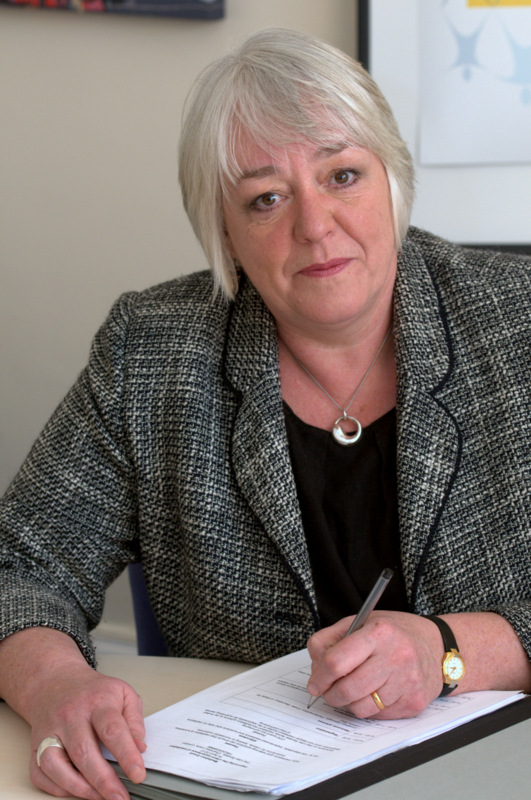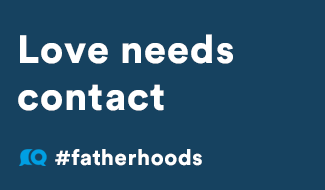Once you’ve decided that family mediation is the right service for you, you have a number of practical things to consider. But first and foremost, what you need most of all to underpin a successful mediation is the right attitude and an open frame of mind.
If you’re completely consumed by anger and resentment towards your ex, the prospect of discussing and negotiating an agreement over vital day-to-day parenting, money and property arrangements will be nearly impossible.
Mediation is about the thoughtful construction of a future that works for everyone involved. Both people need to be ready to accept they won’t get everything they want.
But if your mindset is focused on moving things forward – not just for your own benefit but more importantly for children that are involved too – then mediation can work and be a great success.
So, assuming that as you’ve read this far you’re interested in progressing with mediation, here are a few top tips to help ensure you get the most from the process.
Choose the right mediator
There are a number of factors you’ll take into account in your choice, but number one must be quality assurance.
Get a mediator who’s properly qualified. If you need a roofer or plumber you’ll look for trade quality marks. The Family Mediation Council (FMC), the professional regulator, has an accreditation scheme: FMCA. Mediators holding this status have undergone relevant training and continuing professional development, working to high standards, and they follow the FMC Code of Practice. No FMCA? Rule them out of the equation.
Costs are always right there when choosing any professional. So look carefully at the fees you’ll be charged for mediation – not just the initial Mediation Information and Assessment Meeting (MIAM) but for work that follows too. This will largely be shaped by the range of issues you want to mediate: this determines the number of sessions you will need and, therefore, the final cost. But do bear in mind that family mediation is almost certain to be considerably less expensive than pursuing matters through an acrimonious solicitor/family court route.
Your choice of mediator might also need to take account of child-inclusive mediation. If you feel your child would benefit from being included in the discussions (and it’s not for everyone), do ensure from the start that the mediator is qualified to include children in the discussions.
Like any business relationship, personal qualities will play a part too. Does it feel like you can get on with the mediator, do business with them? What can you find out about their track record and their success rate in negotiating agreements?
What issues?
Consider all the areas of your future that you’ll want to mediate over. Separation is going to affect just about everything in your lives. Some things will be easier to settle than others, but be clear about where potential disagreements may lie.
- Where will each of you live? Is that temporary, or for the foreseeable future?
- Where will the kids live, and how will both of you continue your parenting responsibilities?
- What about money issues, including too often overlooked debt and pension issues?
- What support payments will need to be made, when and by whom, in respect of the children?
- Who’ll have the car?
- What happens to the dog?
Be as clear as you can at the outset which of these things you’ll need to include in your discussions.
Prepare for compromise
Understand you’re not paying for an expensive lawyer to ‘hold your hand’ and charge you lots of money every step of the way. Your mediator is shared with your ex. They aren’t there to battle solely for you and win you a ‘victory’.
Family mediation is not about telling your story to someone, outlining where things went wrong, how you hate him or her for it and your determination to settle those old scores.
Mediation is about the thoughtful construction of a future that works for everyone involved. Both people need to be ready to accept they won’t get everything they want. It’s that attitude’ thing again. Put any remaining anger and hostility in a box and leave it behind. Shift your focus to the present and, more importantly, to the future – for your kids’ sake, and for your own. Think about the needs of everybody in the family. It’s hard when your ex is one of them and you’re feeling hurt and wounded.
But mediation is about compromise and negotiation, because at the end of the day those are things that will help you reach agreements that let you get on with your lives.
Posted on December 16, 2019
















